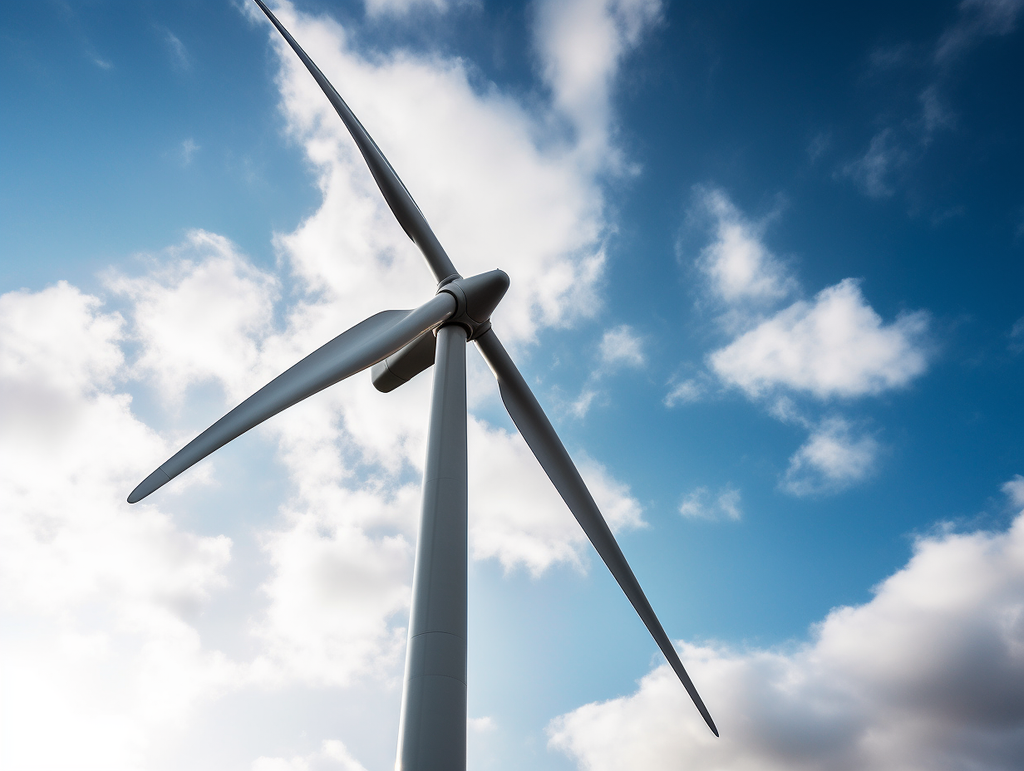
Off-Grid Power Solutions: Solar, Wind, and Hydroelectric Energy Systems

Living off the grid requires a reliable and sustainable source of electricity. Fortunately, there are several renewable energy options that can be harnessed to power your off-grid home. In this article, we'll explore three popular off-grid power solutions: solar, wind, and hydroelectric energy systems. We'll discuss the advantages and disadvantages of each option and provide guidance on choosing the right system for your needs.
1. Solar Energy Systems
Solar power is the most widely used renewable energy source for off-grid living. Solar energy systems consist of solar panels that convert sunlight into electricity, which is then stored in batteries for use when needed. Here are the main advantages and disadvantages of solar energy systems:
Advantages:
- Clean and renewable energy source.
- Low maintenance and long-lasting components.
- Potential for government incentives and tax breaks.
Disadvantages:
- Initial investment can be high.
- Dependent on sunlight availability, which can be affected by location, climate, and seasonal variations.
2. Wind Energy Systems
Wind energy systems use wind turbines to generate electricity from the wind. These systems can be a great supplement or alternative to solar power, depending on your location and wind resources. Here are the main advantages and disadvantages of wind energy systems:
Advantages:
- Clean and renewable energy source.
- Can generate power day or night, as long as the wind is blowing.
- Complements solar energy systems, as windy days often coincide with less sunlight.
Disadvantages:
- Requires a minimum wind speed to generate electricity.
- Wind turbines can be noisy and may be subject to local zoning restrictions.
- Maintenance and repair of moving parts can be more complex than solar systems.
3. Hydroelectric Energy Systems
Hydroelectric energy systems harness the power of flowing water to generate electricity. These systems require a nearby water source, such as a river or stream, with a sufficient flow rate and drop in elevation. Here are the main advantages and disadvantages of hydroelectric energy systems:
Advantages:
- Clean and renewable energy source.
- Can generate power 24/7, as long as water flow is consistent.
- Highly efficient and reliable, with minimal maintenance requirements.
Disadvantages:
- Limited by the availability of suitable water sources.
- Initial investment can be high, depending on the size and complexity of the system.
- Potential environmental impact on aquatic ecosystems.
Choosing the Right Off-Grid Power Solution
When deciding on the best off-grid power solution for your needs, consider the following factors:
-
Availability of resources: Assess the sunlight, wind, and water resources in your area to determine which energy systems are viable options.
-
Energy requirements: Calculate your household's energy consumption to determine the size and capacity of the renewable energy system you need.
-
Budget: Consider the initial investment and ongoing maintenance costs of each system to make an informed decision that fits your budget.
-
Local regulations and restrictions: Research local zoning laws and building codes to ensure compliance with regulations related to renewable energy systems.
Conclusion
Solar, wind, and hydroelectric energy systems offer sustainable and reliable off-grid power solutions. By carefully evaluating your location's resources, energy requirements, budget, and local regulations, you can choose the best renewable energy system for your needs. Embracing these off-grid power solutions not only promotes energy independence but also contributes to a greener and more sustainable future.
Keywords: off-grid power, solar energy, wind energy, hydroelectric energy, renewable energy, sustainable living, energy independence, solar panels, wind turbines, energy systems, resource availability, energy requirements, budget, local regulations.





















